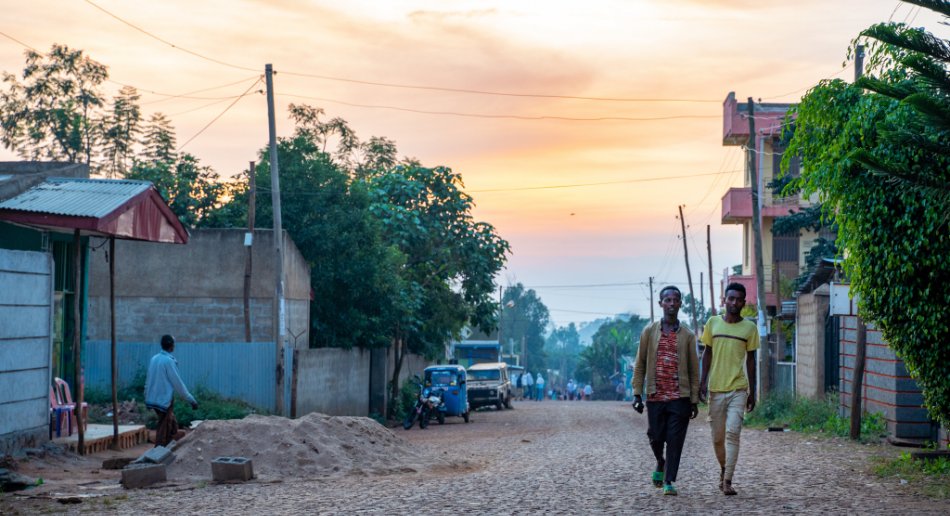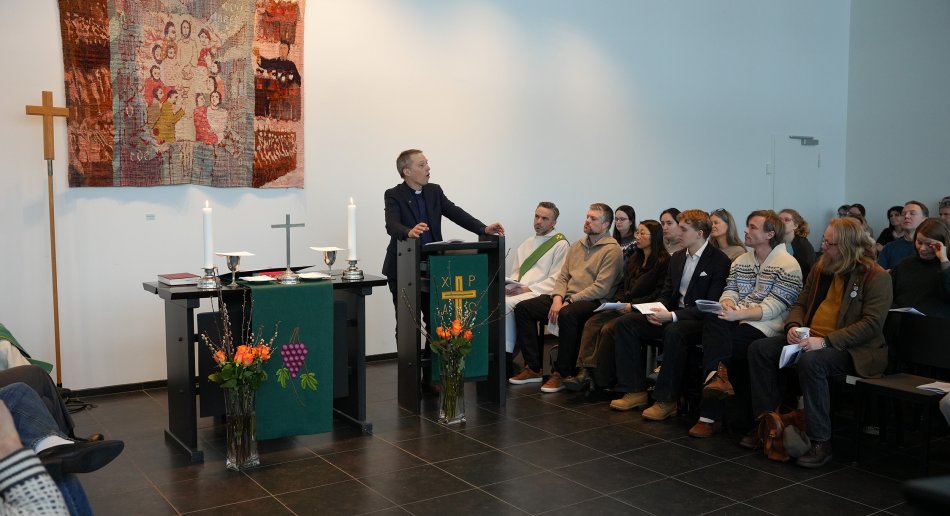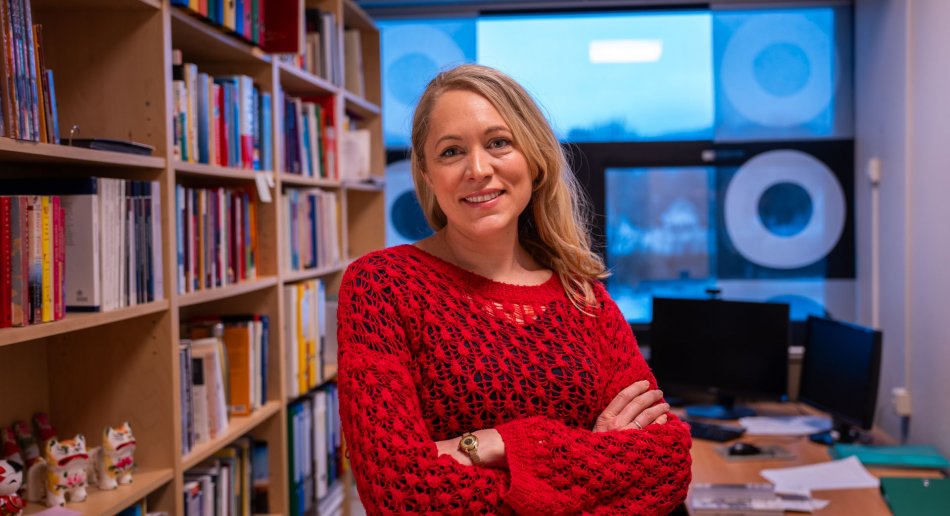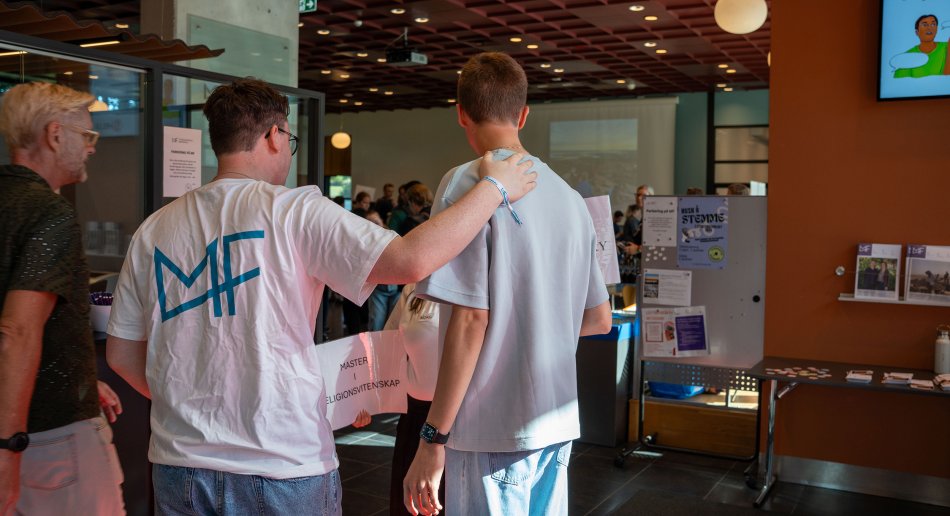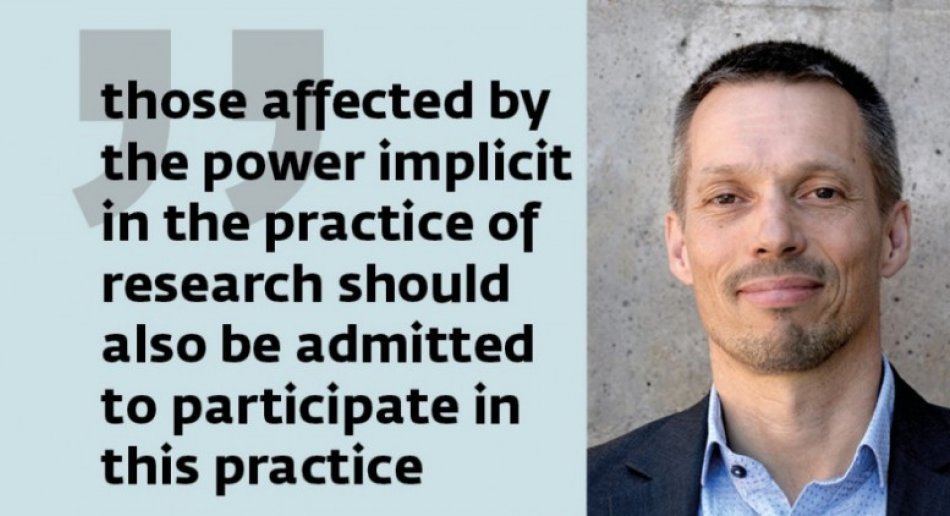
Liberating Research?
– Diaconia research should not be first and foremost understood as research on diaconia. Rather, we should view it as diaconal action in itself, says professor Sturla Stålsett.
Written by Sturla J. Stålsett, Professor of Diaconal Studies, Religion and Society at MF.
That language is power is old news. The way we understand reality shapes us and guides our actions. We ‘frame’ events, phenomena, and people with language. These frames can constrain as well as liberate - both us and 'the others’.
Research generates a powerful language about reality, 'expert language.' It has a strong influence, in the public sphere and where decisions are made. How do we, as scholars, relate self-critically to the power that we wield? Who decides what is to be investigated? For whom are the results useful?
The Commitment of Diaconia
These are valid questions for all research. However, they become acute in their own way within diaconia. Diaconia views itself as value-based social action for the benefit of people, society, and the environment. A special responsibility for the marginalized or disempowered lies at the core of diaconal self-understanding. What does this mean for diaconia research? Does it let itself by guided by diaconia's mandate and distinctiveness, also in the way it does research, i.e. in its choice of method and perspective?
I have reflected on these questions together with criminologist Arnhild Taksdal, and social anthropologist Per Kristian Hilden, both of whom work with professional development and research at a diaconal foundation in Norway called The Church City Mission. Hilden is also an associate professor with the Institute of Health and Society under the Faculty of Medicine at the University of Oslo. In a newly published article in the journal Diaconia: Journal for the Study of Christian Social Practice, we argue that diaconia research should not first and foremost be understood as research on diaconia. Instead, we suggest to view it as diaconal action in itself.
Liberating and Participatory
To facilitate such an understanding of diaconia research, we trace two parallel traditions, Latin American Liberation Theology and Participatory Action Research – PAR, back to a common source of inspiration, the liberation educator Paulo Freire. Following this approach to the integration of critical theory and practice, diaconal research would be characterized by being praxis-oriented, participatory and normatively committed to justice. That means that those affected by the power implicit in the practice of research should also be admitted to participate in this practice. They must be involved in formulating the questions as well as having a say in the analyses.
Results have to be tested out along the way - not wait for months and years for peer-reviewed scholarly publication that is available only to the chosen few.
Research ideals like these have been tried out in many fields of practice and disciplines. Action Research has gained new relevance. The methods are neither unambiguous nor straightforward. However, we believe they are relevant in a social and diaconal practice that increasingly demands critical knowledge development as it meets the urgent challenges of our time. Whether it comes to discrimination and exclusion of poor migrating minorities or drug treatment through diaconal or public institutions, the research scholar is not just an outside observer, but also a more or less self-aware, involved participant.
Liberating Knowledge
The article mentioned above was presented and discussed at a seminar called «Liberating Knowledge? Action-oriented and Participatory Knowledge Development in a Diaconal Setting» at the City Mission Center in Tøyen Church on May 28th. The event was a cooperative effort between the newly-established research group at MF called «Migration, Minorities and Marginalization» and The Church City Mission. Around thirty people working with research and diaconal praxis participated.
One of the speakers was Maria Dumitru, who studies at the Central European University in Budapest, Hungary. She is from Romania and belongs to the Roma minority. She provided the participants of the seminar with insights into current field studies among poor, migrant Roma women in Oslo. Linnea Näsholm and research fellow at MedFak, Christina Brux, presented experiences from a mental health project at a clinic for undocumented migrants, as an example of participatory diaconia research in practice. Lastly, Inger Sigfridsson and Aylin Karayazgan from the new cultural center for Norwegian Roma, Romano Kher, directed attention to research as a majority's view of a marginalized and historically discriminated minority.
These examples demonstrate clearly and in different ways, the power of research – and thereby its ethical and diaconal responsibility as well.
Forskning
